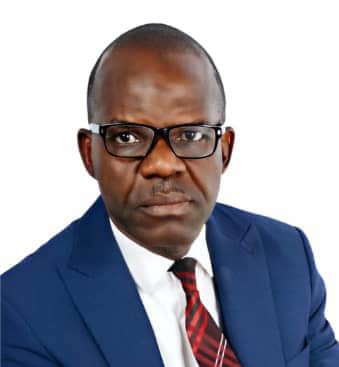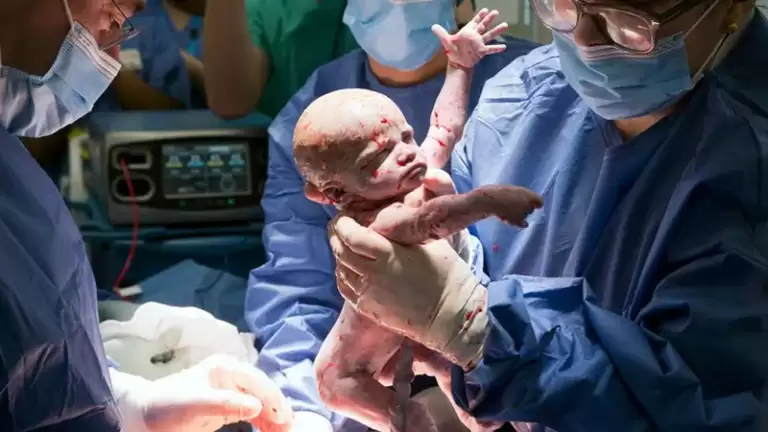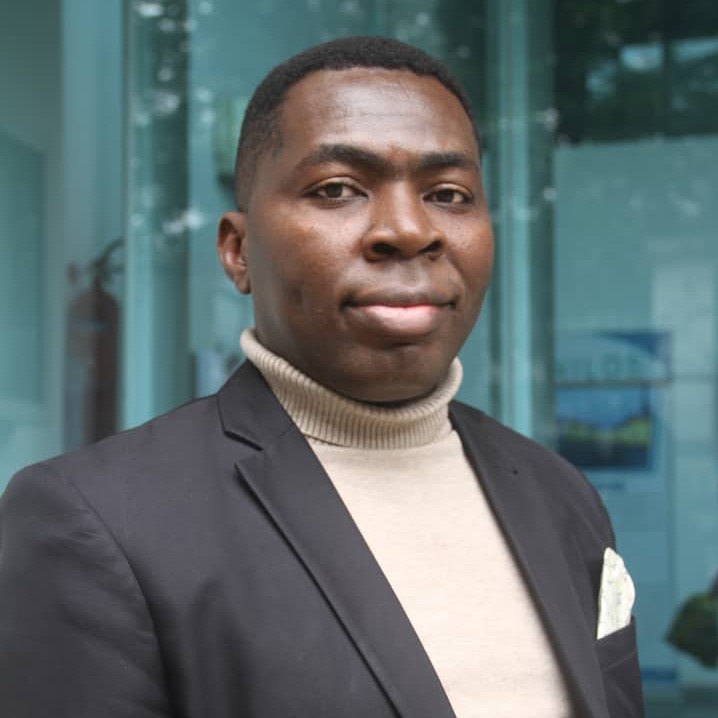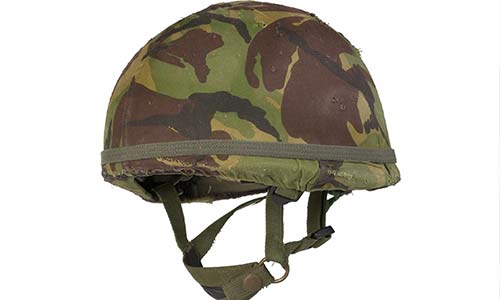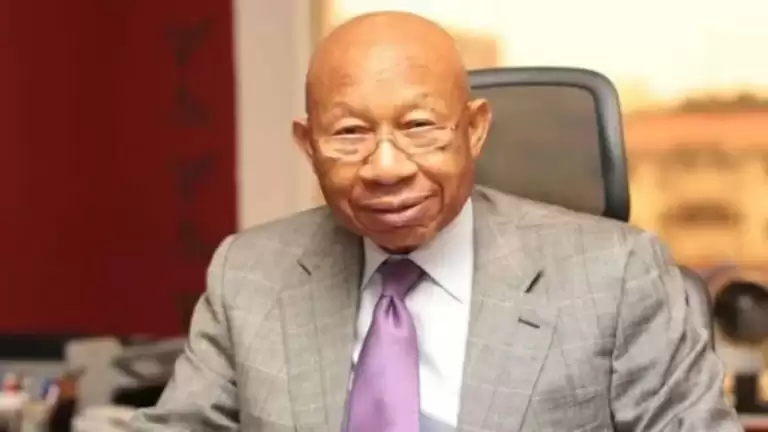By Suyi Ayodele
Uromi, nay, the entire Edo Central and Edo North Senatorial Districts, have been under the siege of Fulani herders and kidnappers for a long time. The locality has been on the edge as farmers are attacked without any help from the State. Not a few women have suffered rape in the presence of their husbands. Daughters, too, have been molested while their parents watched helplessly. Going to the farm is more difficult for Uromi people and their neighbours than making the right hand of the judgement throne! The people over there are daily pummelled by killer herdsmen and kidnappers.
The town was a combustion waiting to be ignited before the penultimate Thursday killings in the area. Were the victims of the Uromi killings victims of mere suspicion, or were they what their assailants called them, kidnappers? Why would a group of hunters be mistaken for kidnappers in the first instance? A nursery rhyme played up in my head as I pondered over this.
I am a journalist in my country (Oh yes!)
Everybody knows me well
If you look me up and down
Chorus:
Standard living/Standard living (Sandalili/sandalili)
Standard living/Standard living (Sandalili/sandalili)
Standard living/Standard living (Sandalili/sandalili)
Standard living/Standard Question
Only a very few of my agemates had the opportunity of attending a nursery and primary school, where the “A for Apple” alphabetical rhymes were the order of the day. But my generation missed nothing! God bless the Iya Pelus (my primary school teacher) of this world who took their time and energy to teach us our local rhymes.
Though we attended what was derisively called ‘gaari schools’ of that time, our Eskisi sirs and Eskisi mas gave us their very best. Instead of the modern-day Standard Living nursery rhyme corrupted as ‘Standalili’, our teachers of yore taught us the affirmative rhymes of eyin egbe mi, agbejoro le mi o se (My classmates, I will be a lawyer). Kin nro’jo (2ice), ki ngb’owo (2ice); kin l’aya, ki nbi’mo, agbejoro lemi o se (I will advocate, I will collect money, I will marry and have children; I will be a lawyer). Depending on the profession we chose, a symbol of that calling would form part of our costume for the stage act.
One grew old before the import of those affirmative rhymes set in. Why for instance, would a child be made to wear the Anglican Church choir robe with the accompanying hat to depict a professor? Or why would the old wig of that era be placed on a child’s head to show him or her as either a lawyer or a judge? Those who formulated the educational policies of the early days were the best career planners of their era.
The significance of the costume is to the effect that a practitioner of any profession must be known by the insignia he or she puts on. Nobody needs any further explanation to be identified as a medical doctor, for instance, when such a person puts on a white laboratory coat and has the stethoscope hanging on his or her neck. This is exactly what the modern-day schools demonstrate during their career days when the pupils are made to be decked in the apparels associated with their intended careers.
The same way with traditional trades like hunting, farming, blacksmithing and the rest. A man carrying a Dane gun, with a chain of amulets hanging on his neck and waist and a carrier bag soaked in blood-like substance will definitely pass for a hunter. When such a man is confronted by an inquisitive being, the paraphernalia of his trade will easily betray his profession.
The elders of my place say people don’t regard the cat as a hunter because it comes home empty-handed (A pa imudele ni ko je ka mo pe ologbo nse ode). This is where the curiosity of the 16 northerners killed in Uromi, Edo State, penultimate Thursday begins for me.
Variously described as ‘travelling hunters from the North’, the deceased were accosted by a group of vigilantes on a guard duty at Uromi axis of Edo State. Information available in the public space is to the effect that the unfortunate victims were suspected to be kidnappers terrorising the locality. They were summarily executed most viciously by their assailants. Besides killing them, the deceased had their bodies set ablaze alongside the truck conveying them.
There is no way any rational mind would be able to justify the killings of those 16 Nigerians. Even if it were to be true that they were kidnappers, there is no provision in our statutes which allows an individual or a group of individuals to take the laws into their hands and execute fellow Nigerians. Killing the deceased and setting their corpses on fire is pure barbarism! Such an act, one would have thought, ended with the cavemen of centuries gone.
It is unfathomable and highly condemnable that in the year 2025, some felons in Uromi would apprehend fellow human beings and have them murdered and cremated on the mere suspicion of being kidnappers! Little wonder that nobody, not even the kith and kins of the arrested suspects of the dastardly act, has come out to defend the killings. This shows, to a greater extent, that the people of Esanland, where the inhuman act took place, take exception to such animalistic behaviour.
Esan Descendant Assembly (EDA), a socio-cultural group of the people of Edo Central Senatorial District, while condemning the act noted that it was at variance with the civilisation of an average Esan man or woman. The killings, EDAN further noted, “is one that has shaken the soul of Esanland and brought sorrow to many homes beyond our borders.”
Governor Monday Okpebholo, who incidentally hails from Esanland, wasted no time in also condemning the act. Within 24 hours of the dastardly act, Okpebholo was in Kano State, the home state of the victims, where he commiserated with the families of the deceased, and assured that those fingered in the act would be brought to justice. That leadership move by the governor, to a larger extent, calmed frayed nerves.
But beyond the condemnation of the killings of those 16 men, many questions are begging for answers. One of the questions informed the nursery rhyme above. Who were those 16 men killed in Uromi? What was their mission? Were they hunters in deed, and indeed? I am particularly curious about the identity of those 16 victims of Uromi killings.
One, I find it extremely difficult to believe that a group of 16 hunters would be travelling all the way from Port Harcourt, Rivers State, where they were said to have gone to hunt for games, and at Uromi, not a single game was found on them! That sounds strange to me. I will explain that.
The argument is that those ‘travelling hunters’ were going home for the Eid celebration. How come that in the vehicle conveying them, not a lap of grasscutter, a leg of an antelope and the chest of a deer were found on them? If they had left Kano to hunt in Port Harcourt and were returning home to their families for the Sallah celebration, what were they taking home to show their loved ones as the gains of their ventures in the forests?
How rational is it for us to argue that those hunters were going back home for a festivity, and they did not have a single game on them, or with them? Hunters?
While we are searching for answers, can we also ask ourselves the type of adventure that propelled a group of hunters to leave Kano State to come to Port Harcourt to hunt? Which games were they looking for: Buffalos, the Niger Delta pythons, or the proverbial three-legged animals of our mother? Actually, no law says that a hunter cannot travel from Maiduguri to Iyanfoworogi in Ile-Ife to hunt game. But there are some arguments that one will put up and one will sound dull-witted. This, no doubt, is one of such arguments given the fact that those 16 victims were completely illiterate, who did not speak any other language besides their mother tongue, Fullfude! The greatest worry here is: how were they communicating with the local hunters they encountered while hunting in the forest? Or are we also to believe that while their hunting expedition lasted, they never had reason to interact with anybody until they got to Uromi?
Like we said earlier, nothing justifies the murder of those men. Nigeria is still a decent nation, the behaviours of our leaders and those raping the nation with reckless abandon notwithstanding. This is why I believe, and strongly recommend, that the law should not spare all those involved in the killings of those 16 Nigerians.
While at that, we must also not allow the underpinning issues that could have warranted the Uromi killings to be swept off by the euphoria of the dastardly act. The entire Nigerian landscape is a killing field! There is no single state in the Federation that is not experiencing one bloodletting or the other. Bokkos, Plateau State, a few days ago had its share of the mindless killings happening in Nigeria as over 50 residents were murdered. The response so far is the usual condemnation and empty promise to fish out the culprits!
The eight rudderless years of the tooth-picking lethargic General Muhammadu Buhari witnessed unprecedented cases of killings by herders and other felons. The Daura-born General, like the President-do-nothing he was, remained unperturbed. Nigerians had high hopes that President Tinubu would stem the tide. But, alas, the situation has gone from bad to worse under him.
When people are pushed to that level, as we had in Uromi before the ugly incident, we cannot but have the type of unfortunate incident that took place there. That Nigeria has totally become a failed nation in terms of security is no longer contestable. Kidnappers, especially in the urban areas, have left the highways, and moved into people’s homes to take them into captivity. The response from the State is the usual refrain of ‘enough is enough’, or ‘we will go after the perpetrator’.
To underscore the level we have sunk, retired Generals and other security personnel are also victims of this nefarious act. In all this, the State appears lost on what to do to arrest the situation. The feeling one gets is that after the security of the locusts in power, the rest of us can seek refuge in the Almighty!
When a situation gets to that level, bestiality, the type we had in Uromi, will become the order of the day! This is why the government must rise above the tide, drop the ineffective rhetoric and get more practical. Those who think they are safe today must watch it. We cannot continue like this and think that there will not be consequences. The safety of those who live in the fortresses serviced by the State will be in jeopardy the day the people feel completely unsafe in their homes! We are closer to that stage!

